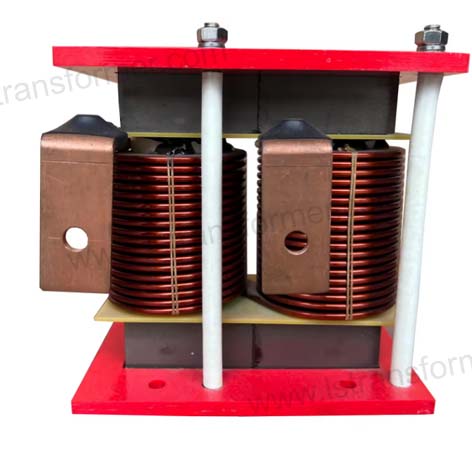Why Grounded Flat Iron Cannot Be Closed in Resistors
Grounded flat iron is a commonly used material in resistors. It is used to connect different electrical components in the circuit and provide connection points between components. However, closing the grounded flat iron is not advisable in resistors and should be avoided. This is due to the risk of the resistor becoming short circuited.
The problem arises when the grounded flat iron is closed too tightly. When this happens, the two contact points of the flat iron are brought too close together, which can cause a short circuit in the resistor. This, in turn, results in a large amount of current flowing through the resistor, resulting in damage to the resistor and potential damage to other components in the circuit.
Another reason why grounded flat iron should not be closed in resistors is that it can cause the resistor to overheat. This is due to the increased resistance of the flat iron when it is closed, which causes an increase in the amount of current flowing through the resistor. This increased current can cause the resistor to become hot, leading to potential damage.
In conclusion, closing grounded flat iron in resistors should be avoided. This is due to the risk of the resistor becoming short circuited, or the resistor overheating. It is always best to leave the flat iron open and separated, ensuring that the resistor works properly and safely.
To reduce the risk of short circuits in resistors, it is important to use the right type of flat iron. Copper grounding flat iron is the preferred choice as it has a higher melting point than aluminum and is more resistant to corrosion. It is also important to ensure that the flat iron is secured properly and tightened to the correct tension. Using a calibrated torque wrench can help ensure that the flat iron is tightened to the correct tension and reduce the risk of short circuit or overheating.
It is also important to check the resistor regularly for any signs of damage or deterioration. If any signs of damage are detected, the resistor should be immediately replaced. It is also important to check for any signs of wear or tear on the flat iron itself. If any damage is detected, the flat iron should be replaced as it may be weakened and unable to provide a secure connection.
In conclusion, it is important to follow the right safety procedures when using grounded flat iron in resistors. It is important to use the right type of flat iron, ensure that it is tightened to the correct tension, and regularly check for any signs of wear or tear. By following these safety measures, it is possible to reduce the risk of short circuits and ensure that the resistor performs as expected.
LuShan, est. 1975, is a Chinese professional manufacturer specializing in power transformers and reactors for 48 years. Leading products are single-phase transformer, three-phase transformers, DC inductors, AC reactors, filtering reactor, expoxy resin high-voltage transformer and intermediate, high-frequency products. Our transformers and reactors are widely used in 10 application areas: rapid transit, construction machinery, renewable energy, intelligent manufacturing, medical equipment, coal mine explosion prevention , excitation system, vacuum sintering, central air conditioning.
Know more about power transformer :https://www.lstransformer.com/Transformers

 EN
EN
 FR
FR DE
DE ES
ES

